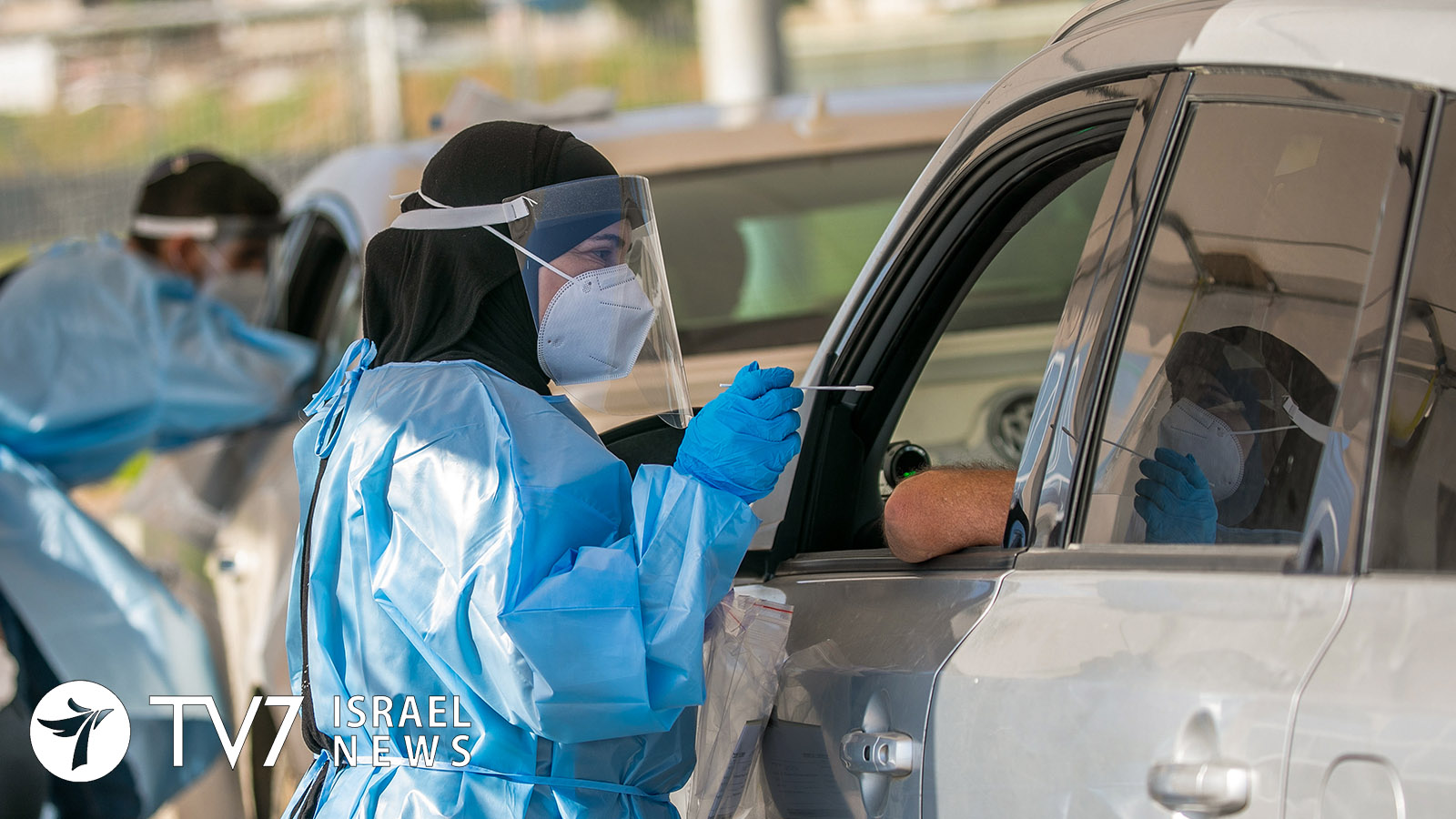Israeli Prime Minister Benjamin Netanyahu is reassuring the public that he is doing everything in his power to secure coronavirus vaccines for the nation’s citizens, while also warning that he will not hesitate to reimpose whatever restrictions are necessary to curb the rising infection rate.
This, as the Ministry of Health reported a 3% positivity level of those tested for the third consecutive day. Sunday saw a contagion percentage of 3.3%, while it was 3.4% on Saturday and 3.9% on Friday.
2,917 Israelis have died of COVID-19. 331 patients are currently listed as in critical condition, 112 of whom are on respirators.
“The vaccines are on the way; I am working on this around the clock,” stressed Prime Minister Netanyahu during a meeting of his Coronavirus Cabinet.
“But until they arrive, and even after they arrive, we must lower the morbidity that is at the start of a third wave” of the disease, he said.
According to a statement communicated to TV7 by the Prime Minister’s Media Advisor, Netanyahu underscored that Israel has already “proven” that it is capable of lowering morbidity and mortality “to a level that is almost the lowest among the countries of Europe.”
“We did this because we did not hesitate to make the correct decisions at the time,” he said, cautioning that, “ Now as well, I will not hesitate to reimpose some of the restrictions and the earlier we do so – the duration of the restrictions will be less.”
Sounding a more optimistic note, the Israeli Premier said that “There is light at the end of the pandemic here. We need to work together, bring the vaccines and impose the restrictions so that we lower morbidity, and we will come out of this.”
For now, the Coronavirus Ministers are at an impasse on what measures need to be implemented to contain the disease. They adjourned a three-hour meeting yesterday after discussing options that included the imposition of a possible third, nationwide lockdown.
The Health Ministry Director of Public Health Services, Dr. Sharon Elrai-Price, has cautioned that overcoming the virus should not exclusively be dependent on the administration of vaccines; the first of two-stage process that cannot be launched before March.
